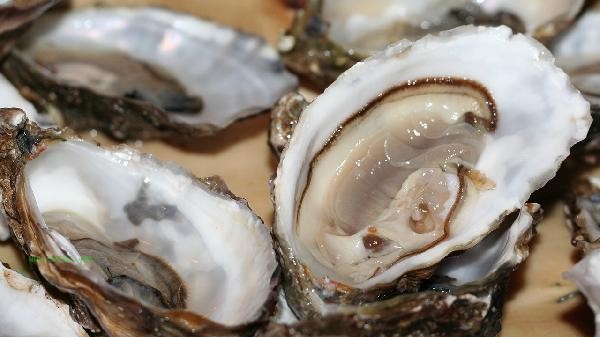Teenagers can generally eat oysters in moderation, but attention should be paid to the risk of allergies and the amount consumed. Oysters are rich in zinc, high-quality protein, and various minerals, which help with growth and development. If there is a seafood allergy or weak gastrointestinal function, it is not recommended to consume. Oysters are rich in zinc, which has a positive effect on the development of the reproductive system and immune function in adolescents. Its high-quality protein content is high, which can help with muscle growth and tissue repair. The taurine in oysters can also promote the development of the nervous system, and moderate consumption can help with learning and memory abilities. It is recommended to choose freshly cooked oysters and avoid eating them raw to prevent parasitic infections. Some teenagers may have allergic reactions to seafood and may experience skin itching or gastrointestinal discomfort after consuming it. Oysters are cold in nature, and excessive consumption by teenagers with poor gastrointestinal function may lead to diarrhea. Patients with chronic diseases or taking specific medications should consult a doctor before deciding whether to consume them. It is recommended to control the weekly consumption of 3-5 young adults during their developmental period.

It is recommended that parents observe for any allergic reactions when trying oysters for teenagers for the first time, and heat them thoroughly to kill bacteria during cooking. In daily diet, oysters can be paired with Congee to reduce the cold stimulus and avoid eating with cold food. Maintain a diversified diet and avoid long-term consumption of seafood in large quantities. Nutritional supplementation during adolescence should be based on a balanced diet.










Comments (0)
Leave a Comment
No comments yet
Be the first to share your thoughts!